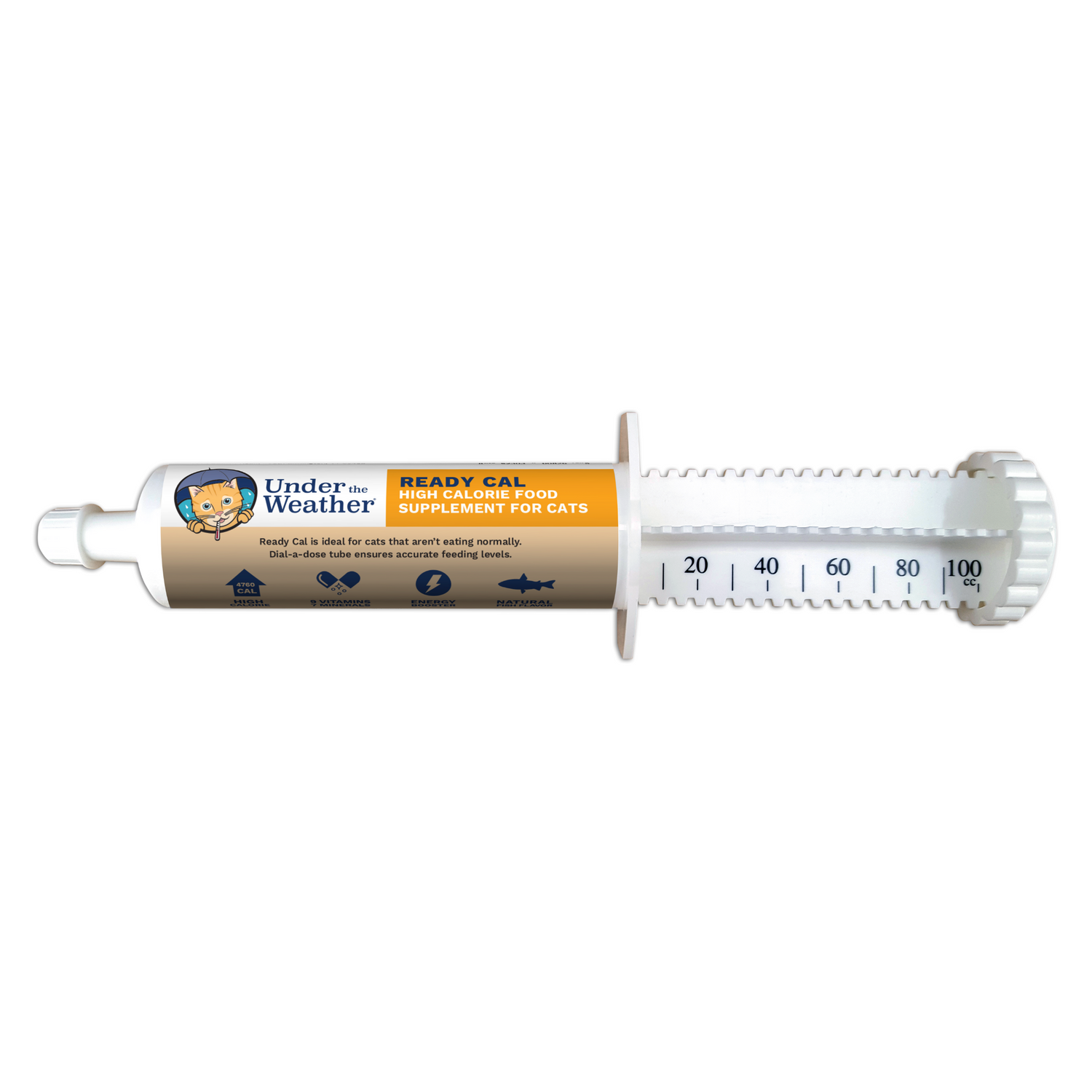Maintaining Proper Hydration for Your Dog
If you’re a loving dog owner, you understand the importance of providing your best friend with the highest level of care possible.
And while most of us prioritize proper nutrition, exercise, and regular vet visits, there is one critical element of our companions' health that can sometimes be overlooked, and that is the importance of electrolytes.
Just like us, electrolytes play a pivotal role in dogs, and are essential for overall optimal health.
What Are Electrolytes?
Electrolytes are a group of essential minerals found in bodily fluids, primarily consisting of sodium, potassium, calcium, magnesium, chloride, bicarbonate, and phosphate. These minerals are integral in ensuring the proper functioning of cells, nerves, muscles, and organs.

How do Electrolytes Support Overall Health in Dogs?
Fluid Balance
With Sodium and potassium being particularly vital, electrolytes help regulate the balance of fluids within your dog's body, a critical aspect of maintaining proper digestion, circulation, and temperature regulation.
Nerve Function
Electrolytes play a crucial role in nerve transmission and signal conduction. When electrolyte levels are imbalanced, your dog may experience muscle weakness, tremors, or even seizures.
Muscle Function
Proper muscle function relies on the correct balance of electrolytes, with calcium being especially essential. An imbalance can lead to cramps and muscle weakness.
Heart Health
Electrolytes, especially calcium, magnesium, and potassium, are critical for maintaining a healthy heart rhythm. Imbalances can result in arrhythmias, and even cardiac arrest.

What Causes an Electrolyte Imbalance in Dogs?
Several factors can disrupt the electrolyte balance in dogs, including:
- Dehydration: Insufficient water intake when exercising your dog, or excessive fluid loss due to vomiting and/or diarrhea, can quickly lead to dangerous electrolyte imbalances and is a serious situation that needs to be addressed immediately.
- Illness: Certain diseases, such as kidney disease, diabetes, or Addison's disease, can all impact electrolyte levels in dogs.
- Medications: Certain medications, including diuretics, may cause electrolyte imbalances as a side effect.
- Dietary Deficiencies: Inadequate intake of electrolytes through your dog’s everyday diet can also result in imbalances.

How to Promote and Support Electrolytes in Dogs
Proper Nutrition
Ensure your dog's diet contains appropriate levels of sodium, potassium, calcium, and magnesium.
If using “commercial dog foods”, make sure they are formulated to meet your dog’s nutritional requirements, and remember, price does not always reflect quality!
Hydration and Rehydration Solutions
Always provide clean, fresh water for your dog. This is especially important to prevent dehydration during hot weather, or after vigorous exercise.
To encourage drinking, place fresh water in multiple places that are easy for your dog to access, both inside and out.
If your dog is experiencing vomiting and/or diarrhea due to digestive upset, feeding an Under the Weather bland diet will soothe the tummy, while adding electrolytes.

To quickly and easily boost your dog’s hydration, add low/no fat chicken broth, along with coconut water, for added electrolytes.
Low Sodium Diet
Because foods high in sodium can cause electrolyte imbalances, monitoring your dog’s sodium intake should include their daily food, as well as treats and table scraps.
Exercise Moderation
Intense exercise, especially in hot weather, can lead to excessive fluid loss and electrolyte imbalances, making it so important to always provide your dog with hydration during physical activity.
Consult with a Veterinarian
If you suspect an electrolyte imbalance, or notice any unusual symptoms in your dog, consult with your veterinarian immediately. Timely intervention can prevent health issues from becoming serious.
In conclusion, electrolytes are a critical aspect of maintaining your dog's health and well-being. Imbalances can lead to severe health issues, underscoring the importance of proper nutrition, hydration, and regular veterinary care.
By providing a balanced diet, access to fresh water, and being vigilant about your dog's overall health, you can help ensure that their electrolytes remain at the necessary levels to promote optimal health.
Products related to this article:
Every Sale Supports a Shelter Pet. Learn More.
Made in Vermont. Learn More.
If you suspect your pet is sick, call your vet immediately. For health-related questions, always consult your veterinarian, as they have examined your pet, know the pet's health history, and can make the best recommendations for your pet.






